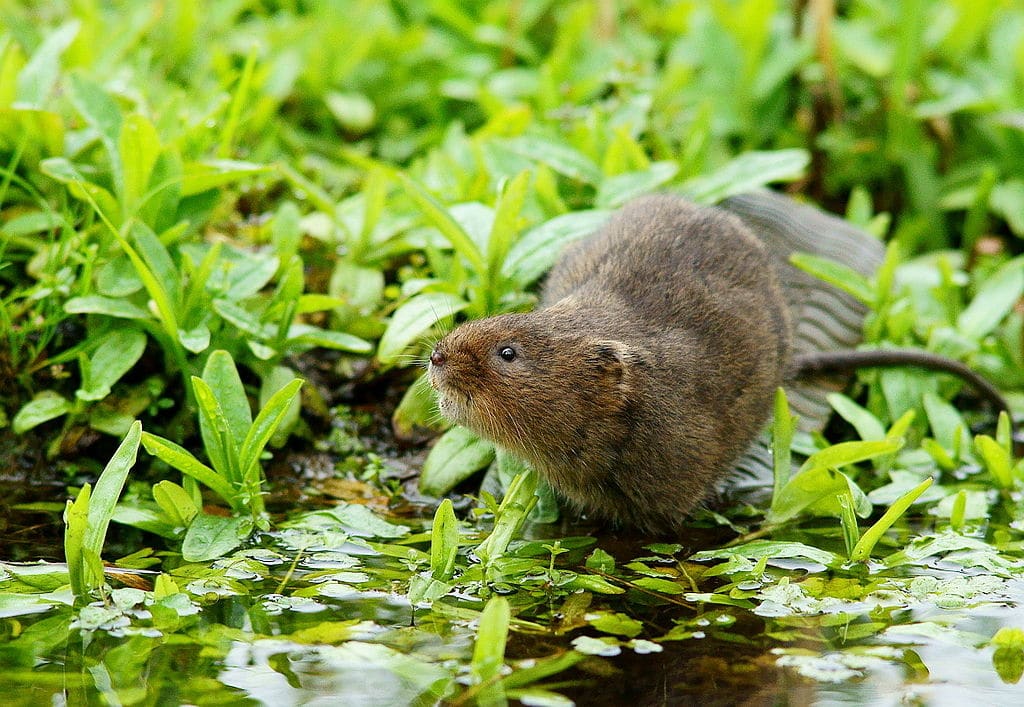Britain has lost nearly half of its biodiversity since the Industrial Revolution, and experts warn continued global biodiversity loss will lead to an irreversible ecological crisis.
—
What is Happening?
- The UK has lost almost half of its wildlife and plant species as a result of human and land development since the Industrial Revolution, according to a new assessment.
- The country is ranked in the bottom 10% in the world and the worst among G7 nations.
Nearly half the UK’s biodiversity has been lost over the centuries and is the worst developed country to experience such a high rate of biodiversity loss.
According to a new study released by scientists at London’s Natural History Museum ahead of a key UN biodiversity conference taking place between October 11-15 via online talks, revealed that the cause of biodiversity loss can be attributed to the industrial revolution, which transformed the country’s landscape to make way for agriculture and farming.
The study introduced a new tool, the Biodiversity Intactness Index, to assess how well nations have kept their natural diversity of animals and plants as well as estimate the percentage of natural biodiversity that remains in individual countries. While most developing countries have managed to keep biodiversity at relatively high levels, research has shown it’s falling rapidly whereas developed countries tend to have lower but steadier levels. Among them, the study revealed that the UK is in the bottom 10% of the list and last among the G7 nations.
The UK has lost almost half of its biodiversity, a number far below the global average of 75%. Researchers state that the world average needs to be at 90% in order to avoid an “ecological meltdown”, which could result in global starvation.
“Britain has lost more of its natural biodiversity than almost anywhere else in western Europe, the most of all the G7 nations and more than many other nations such as China,” said Professor Andy Purvis, leader of the study’s research, to the Guardian. “It is very striking – and worrying.”
“Basically, that triggered the mechanised destruction of nature in order to convert it into goods for profit,” Purvis adds. “As a result, the UK has been among the most nature-depleted countries in the world for a long time.”
The upcoming UN biodiversity summit, which will be followed by an in-person conference hosted in Kunming, China in April, will offer a crucial opportunity to countries to establish stricter and more ambitious goals to prevent further rapid loss of global wildlife and habitats.
You might also like: Sixth Mass Extinction of Wildlife Accelerating- Study
Featured image by: Wikimedia Commons


















